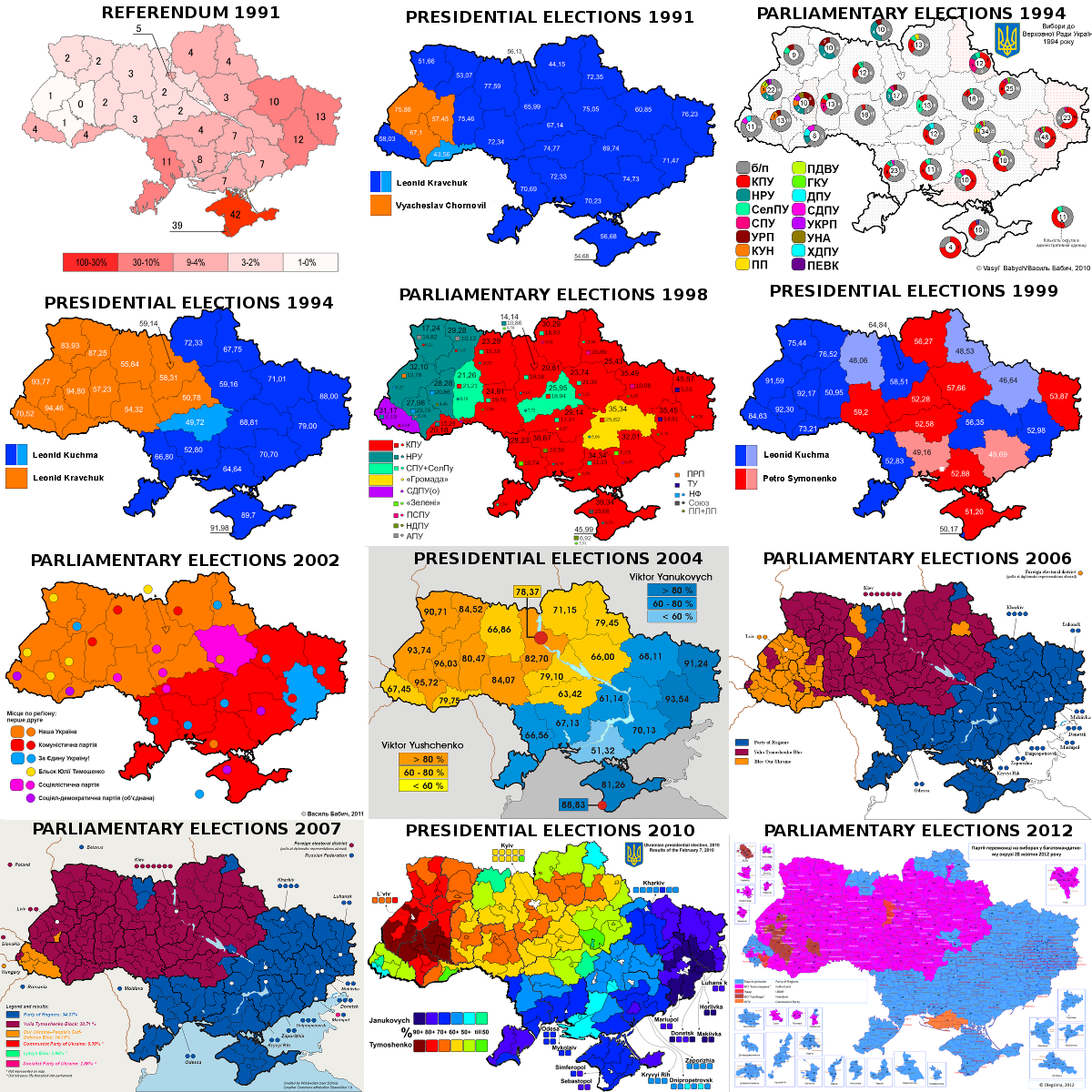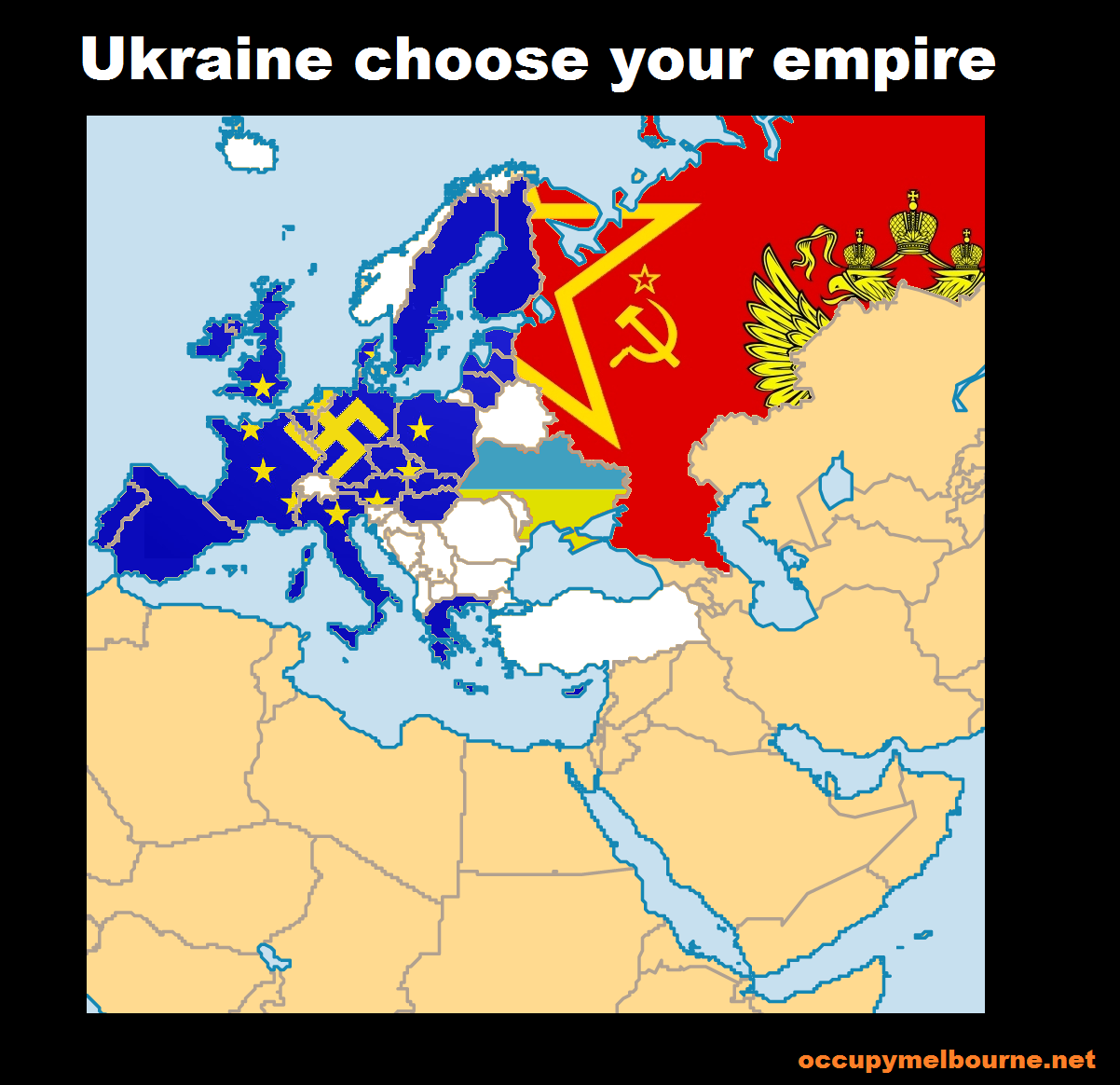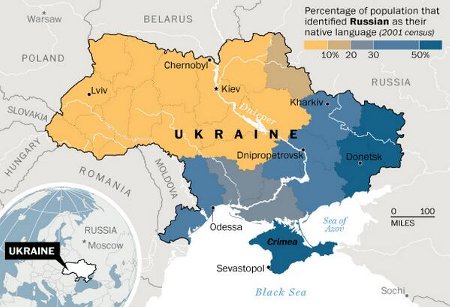Prologue
Transnistrian claim for independence is being met with a certain degree of sympathy and understanding by some of the western experts. As an example, a Finnish political analyst and blogger Ari Rusila can be named; he usually presents the Transnistrian de facto statehood in quite a positive light, admitting, in particular, that “Transnistria called my attention first because of its quite ready statehood elements without outside recognition, second because of changed circumstances in respect for international law after Kosovo unilateral declaration of independence and thirdly because I predicted that Trandnistria could be the next tinderbox of separatism between Georgian conflict and coming troubles in Ukraine”. He believes that Transnistria, if compared with Kosovo, has had in fact much more reasons to be recognised internationally.
The quote above is from a paper Transnistrian Conflict: State of Affairs and Prospects of Settlement prepared for the International conference “Frozen Conflicts” in Europe (1st September 2012, Bled, Slovenia) by Natalia Belitser and the sitation is based on my articles published in 2008.

Transdniestria as next Crimea?
As the crisis in Ukraine continues to simmer, tensions in the country’s western neighbor Moldova are beginning to rise. Seeking to capitalize on President Putin’s eagerness to use the protection of Russian speaking populations in the region as a pretext to expand his territorial claims, members of two separate enclaves in Moldova are looking toward Moscow for protection.
Now after uprising and coup in Ukraine and annexing Crimea into Russia, tensions have grown to encompass Ukraine's neighbor Moldova, which like Ukraine has been making efforts to integrate further with the West. Moldova has signed the EU association and free trade agreements at the November 2013 Vilnius summit, during which former Ukrainian President Viktor Yanukovich rejected the deals. The Moldovan government has also supported the Western-backed uprising in Ukraine. Western experts worry that the next "Crimea" could be the breakaway region of Transnistria. Many locals there don't share that fear, and if the last referendum holds, a large majority would welcome a Russian annexation.
Transdniestria – also known as Transnistria aka Pridnestrovie aka Pridnestrovskaia Moldavskaia Respublica (PMR/TMR) – is a new and emerging country in South Eastern Europe, sandwiched between Moldova and Ukraine. The official language of Transdniestria is Russian, not Moldovan, while the vast Majority of schools teach the Cyrillic alphabet instead of the Roman alphabet used in the rest of the country. Recently Transdniester adopted Russian legislation, a clear signal of the region's preference for joining Moscow's customs union.
Most recently, Russian military exercises held March 25 in Moldova's breakaway territory of Transdniestria have stoked these tensions. From its side the parliament (called Supreme Soviet) of Transdniestria has sent a proposal to the State Duma asking for in Russian legislation to join the breakaway Republic in Russia. The document originated in the DG as feedback on refering new draft law in Russia on the simplified order of joining the Russian federation new actors on the basis of a referendum, no international treaty, if in a foreign country has no effective legitimate authority ". (Source: Forum Pridnestrovie )
Now Moldova’s Transdniester region is seeking to follow Crimea and join Russia and this is not causing concern only in Moldova but in neighbouring Romania, Ukraine as well in EU and Nato too.
Transdniestria – and Gagauzia – are joining to the same club with Abkhazia and South Ossetia as de facto states, namely political entities that have achieved enduring 'internal sovereignty' - but lack 'external sovereignty' in the international system. As Crimea is annexed to Russia and these other “states” can follow to join Russia or continue as de facto state, this development is creating a Northern Black Sea corridor, frontline or buffer zone.

- Photo credit: The Telegraph
New prospects for conflict settlement have appeared after parliamentary elections of 2009 in the Republic of Moldova. The new pro-Western team – the Alliance for European Integration (AEI) – that substituted the Communist Party ruling the country from 2001, proved much more pragmatic and willing to deal with its breakaway region than their predecessors pursuing rather an isolationist policy. In 2011 presidential elections President Igor Smirnov, who had been in power since Transdniestria declared independence in 1990, failed to be re-elected, and was replaced by opposition MP, younger leader of the ‘Revival’ movement and former speaker of the Supreme Council Yevgeny Shevchuk. These political changes engendered hopes for the settlement process to acquire a positive momentum.
The power changes in Transdniestria give positive boost to peace process: the official negotiation process re-started after six years interruption in November 2011 in Vilnius, Lithuania, to be followed by a meeting on February 2012 in Dublin, Ireland and on April 2012. Finally the Document of principles and procedures and agenda of negotiations were agreed in Vienna, whereas on July 2012 this Document was signed. It included such issues as freedom of movement of passengers and cargo, traffic of trains, education issues,etc. Also a new approach (joint initiative of Russia and Germany, Meseburg, 2010) by the EU and Russia to resolve the conflict was the setting up of a joint Political and Security Committee (EU-R-PSC) at minister level. Related to security issues it was stated that the EU and Russia will cooperate in particular towards a resolution of the Transdniestria conflict with a view to achieve tangible progress within the established 5 + 2 format (Russia, Ukraine, Moldova, Transnistria, OSCE, EU, US). This cooperation could include a joint EU-Russia engagement, which would guarantee a smooth transition of the present situation to a final stage.
The main approach of the resumed negotiations and to the settlement process in general focuses on Confidence Building Measures (CBMs). This means that political aspects of the settlement, for example a mutually accepted status of Transdniestria, are not yet touched. Instead status there has been attempts to make concrete steps of issues that both sides of the conflict are interested in. These kind of initiatives have already been following:
- Engaging the sides into direct dialogue;
- Establishing joint Working/Expert Groups on confidence building measures;
- Conducting meetings at a higher level (for example, between Prime-minister of the RM Vlad Filat and leader of Transnistria Yevgeny Shevchuk, also between the heads of foreign ministries Eugen Carpov and Nina Stanski);
- Elaborating and implementing national and international social and economic development projects etc.
Growing dispute between parties started by unilateral actions by both parties during Spring 2013. First Moldova established migration control of citizens in six checkpoints, second Transdniestria started to mark border in in the sc Security Zone or line of demarcation after the Transdniestrian war (1992).
More about negotiation history in my article Transnistrian number game and in conference paper Transnistrian Conflict: State of Affairs and Prospects of Settlement by Natalya Belitser )
Tools against Transdniestria by Chisinau and Kiev
Arsenal of tools, on that, with the support of Western "ideological-political sponsors" can count in Chisinau and the Kiev could be as following:
- further tightening of border crossing for the residents of Transdniestria, the introduction of a total ban on border crossings by social groups and citizens (It is noteworthy in this regard that, that the admission of foreign citizens on the territory of Moldova is liberalized; Ukrainian officials should examine stats for financial gains and losses of the Moldovan side of Ukrainian companies, eg, air carriers);
- blocking of export-import operations of the Transdniestrian side, transit of Transdniestrian goods, that is well within the common "European" subjects as a way to European integration, with a demand for the full functioning of the Transdniestrian Moldovan business rules;
- ban on border crossings by vehicles with Transdniestrian number;
- refusal to issue permits for the Transnistrian passenger transport;
- Moldovan law on the placement of the Ukrainian checkpoints with full access to all databases and law carry out administrative functions, etc..
Nato warns that a pro-Russian enclave of Moldova could be Moscow's next target after Crimea. Nato's top military Commander Europe Philip Breedlove said on 23rd Feb. 2014 that Russia has a large force on Ukraine's eastern border and is worried it could pose a threat to Moldova's separatist Transdniestria region.Russia launched a new military exercise, involving 8,500 artillery men, near Ukraine’s border 10 days ago. Breedlove said the Russian tactic should lead the 28-nation Western military alliance to rethink the positioning and readiness of its forces in eastern Europe so that they were ready to counter Moscow’s moves.(The Telegraph)
How the Russian forces would get there. Transdniestria is landlocked and to go there by land would require Russian troops to travel through much of western Ukraine. However, Russian forces based in the Eastern side of the Black Sea and Crimea could conceivably stage an airlift. Since it fought a brief separatist war to breakaway from Moldova in 1991, Transdniester has been home to "peacekeeping" garrison of around 1,000 Russian troops. One option is also that Russia includes Odessa in a “security belt” that would presumably stretch from Crimea to Transdniestria.
The speaker of Transdniestria’s separatist parliament urged Russia middle of March 2014 to incorporate the region and the republic's parliament, called the Supreme Soviet, sent an official request to Moscow asking if Transdniestria could be allowed to join the Russian Federation. The talks within the 5+2 format (Russia, Moldova, Transdniestria, Ukraine, the OSCE and observers from the EU and the US) are scheduled for 10-11 April 2014.
In Moldova the appetite for European integration among Moldova's 3.5 million people had weakened even before the crisis in Ukraine and a parliamentary election later this year may bring a return of the pro-Russian Communist Party That was forced from power in 2009. Moldova falls under the EU's Neighborhood Policy, which contains no explicit similar promise of membership like the countries of the Western Balkans .
Gagauzia had referendum too

- Transnistria (orange) and Gagauzia (red) are pro-Russian regions in Moldova (photo courtesy of Stratfor)
An overwhelming majority of voters in a referendum – with turnout more than 70 % - held in the autonomous Moldovan region of Gagauzia have voted for integration with a Russia-led customs union: 98.4 percent of voters chose closer relations with the CIS Customs Union. In a separate question, 97.2 percent were against closer EU integration. In addition, 98.9 percent of voters supported Gagauzia's right to declare independence should Moldova lose or surrender its own independence. Moldova's government claims that referendum in Gagauzia is unconstitutional and had no legal legitimacy.
Although the security situation in Gagauzia remains calm, on 26 March, the executive committee in Comrat announced its decision to establish independent police stations in Comrat, as well as in its northern and southern cities of Briceni and Cahul. Moscow has demonstrated support for Gagauzia following the referendum. The regions governor, Mihail Formuzal visited Moscow in March 2014 and got impression that Russia was prepared to expand partnerships with Gagauzia and “provide the necessary support”. Despite an embargo against wine produced in Moldova, Russia began importing it from Gagauzia, likely as an attempt to encourage additional good will toward its benefactor.
Bottom line
It easy to say that incorporating Transdniestria – as well Gagauzia, Abkhazia, South Ossetia and Crimea – into Russia (and Nagorno-Karabakh into Armenia) is against international law (whatever it is) or some international agreements. Although Russia moving into eastern Ukraine could be–as the West says–invasion-occupation-annexation. However in my opinion these actions are more legitimate or justified than U.S.expansionism, secret wars and interventions around the globe.
The other possible scenarios than annex into Russia for Transdniestria are e.g:
- Status quo maintained aka “frozen conflict” continues;
- Re-integration of the Republic of Moldova with condition of establishing a confederation including Moldova, Transdniestria as Gaugazia entities, this could be pragmatic option for Ukraine too;
- Transnistria gained its independence and state sovereignty recognized internationally
- Joining Ukraine, which option after coup in Kiev seems most unlikely option to me.

My previous article about Transdniestria:














 T
T





 The EU is hardly likely to send large amounts of money to Ukraine
The EU is hardly likely to send large amounts of money to Ukraine The obstacle
The obstacle